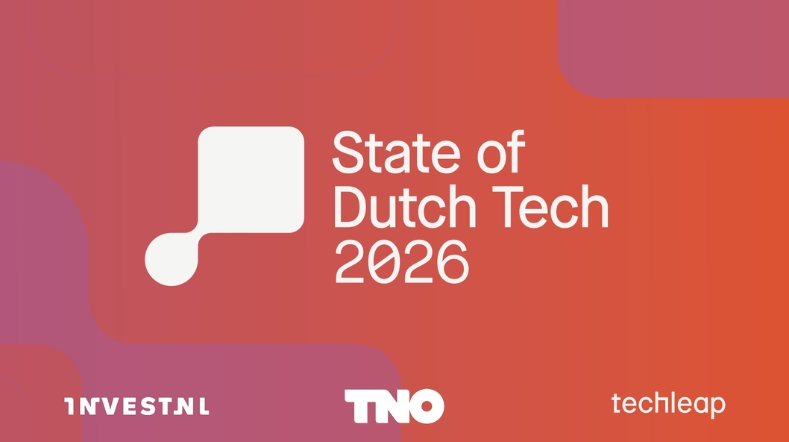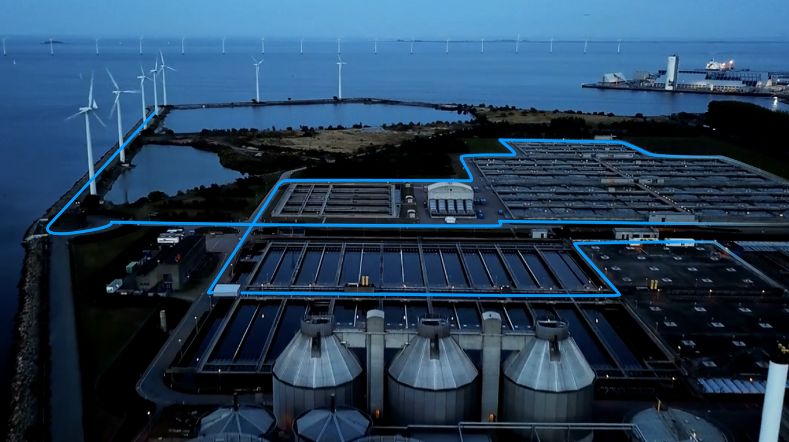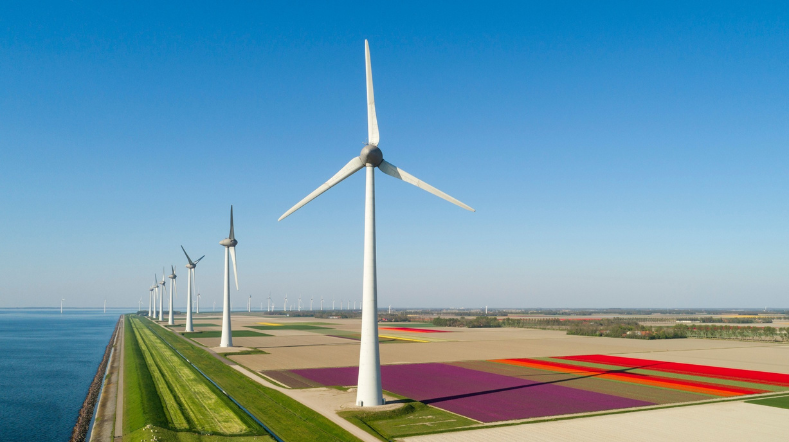
Innovation with AI
Mature, ‘educated’ AI is expected to have a tremendous impact on society, similar to the advent of the Internet, if not greater. This will also impact on TNO’s core business of technological innovation. In ten years’ time, AI will beat humans in data-driven diagnosis, predictions, and combinations of existing knowledge, arriving at higher-quality solutions more rapidly and effectively. Think of solutions to achieve a more sustainable, healthier, and safer society. But AI-driven business innovations are also expected to increase Europe’s current GDP by 10% by 2030.
What does that world look like in concrete terms? Using numerous examples, TNO has created a prognosis for the future in Chapter 2 of the vision paper ‘Towards Digital Life, A vision of AI in 2032.’ (pdf) Regarding construction, for example, in which AI will be used to check the quality, safety, and energy efficiency of buildings before they are actually built. Or healthcare, where robots will partly take over caregivers’ tasks and AI will be able to autonomously develop medicines.
‘It is the interplay between humans and technology that drives us forward.’
Download vision paper
Download vision paper ‘Towards Digital Life: A vision of AI in 2032’
More about 'Towards Digital Life: A vision of AI in 2032'
- David Deutsch on the development and application of AI
- Georgette Fijneman on the promise of AI for health insurers
- Rob de Wijk on the rise of AI in geopolitical context
- Bram Schot on the impact of AI on mobility
- Eppo Bruins on AI in different government domains
- Bas Haring on AI, science and philosophy
- Arnon Grunberg on AI, creativity and morality
Get inspired
Webinar: The energy and wellbeing impact of streaming

State of Dutch Tech 2026: The Netherlands must dare to scale at a global level


New blueprint helps organisations share data reliably


TNO and partners launch project to accelerate longduration energy storage in the Dutch energy system


Decentralised developments offer major potential for reducing grid investment

